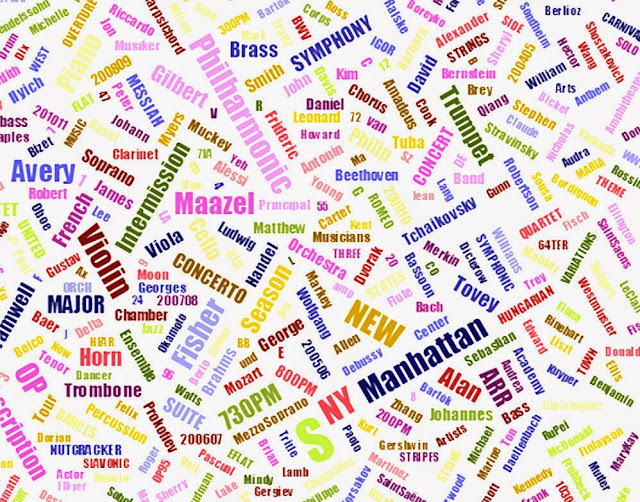Owning ideas
Legally, of course, we don't buy music, any more than we buy software. We agree to buy certain, limited rights, which vary from country to country but which have all been routinely disregarded until very recently.
In the US, for instance, it is illegal to copy your own CDs on to your own iPod. Obviously, this is a law that is broken all the time, or nobody there would ever buy an iPod. The 60GB model sells for $350 (£200); to fill it up with freshly downloaded content from the Apple store could easily cost another $25,000.
Just as with computer software, the legal market has broken down because there is no obligation for buyer and seller to agree on a price, or even on what is being sold. Computers have made it possible for both sides to cheat on their agreements. Buyers can use some forms of file sharing and sellers can write ever more restrictive licence agreements to make it clear they are not selling anything, merely renting it out. There are some download services where the music you have already downloaded will no longer play if you stop your subscription. The obvious answer is to pay for it with money similarly protected - special digital rights money, which would vanish, like fairy gold, when you stopped playing with the new toy. Nobody would accept payment on those terms. Why are there companies which think the opposite is fair?
The answer is that they are operating in a climate where intellectual property seems to guarantee an endless, effortless stream of money to its owners. The big content owners have
This is madness. Ideas aren't things. They're much more valuable than that. Intellectual property - treating some ideas as if they were in some circumstances things that can be owned and traded - is itself no more than an idea that can be copied, modified and improved. It is this process of freely copying them and changing them that has given us the world of material abundance in which we live. If our ideas of intellectual property are wrong, we must change them, improve them and return them to their original purpose. When intellectual property rules diminish the supply of new ideas, they steal from all of us.'
If you are concerned about the Hyperion versus Sawkins Appeal Court ruling, file sharing and the distribution of music over the internet, or the wider debate about protecting intellectual property rights read Andrew Brown's excellent leader article Owning Ideas in today's Guardian from which the extract above is taken. It does a commendable job of positioning the IP ownership debate in the context of vitally important scientific areas such as human genome research.
Image credits:
Header - FBI (no, I'm not joking)
Genome - Nature
Report broken links, missing images, and other errors to - overgrownpath at hotmail dot co dot uk
If you enjoyed this post take an overgrown path to Hyperion Records face 'catastrophic damages'









Comments
I used to spend much, much time in this arena, as you might imagine. I could be wrong, however.